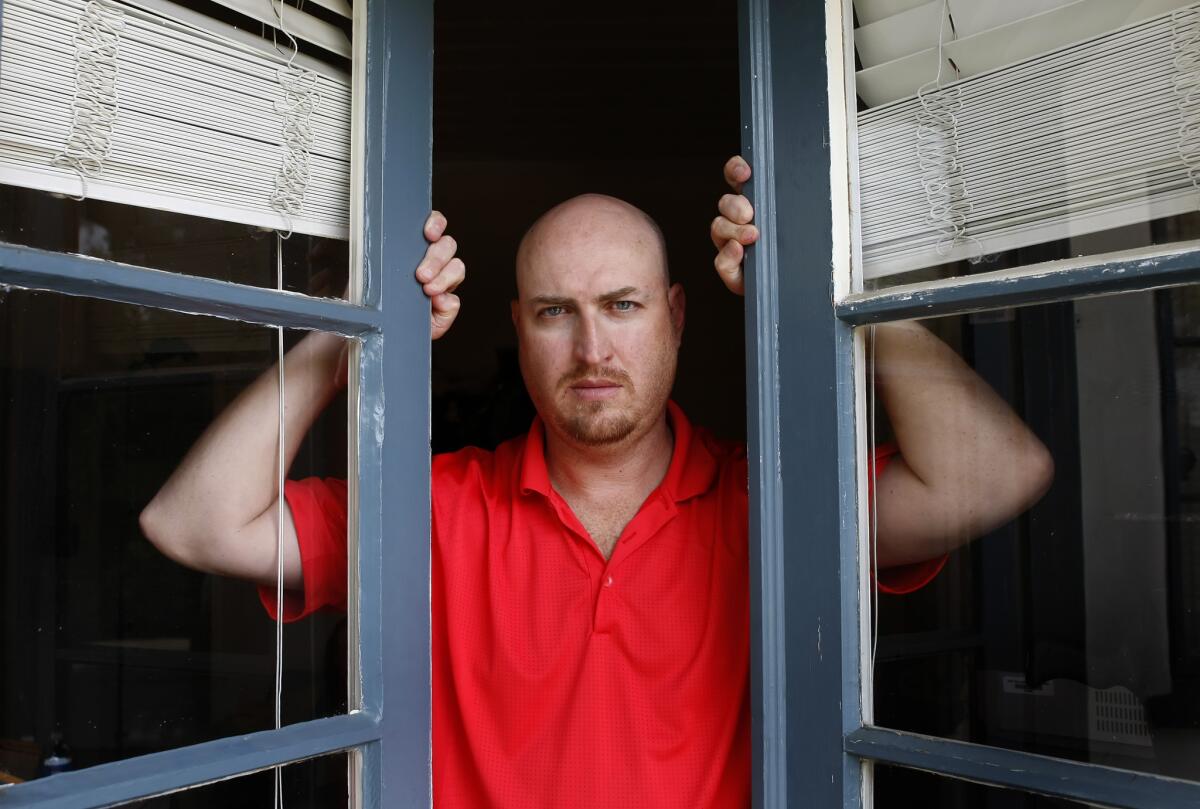From the Archives: TV show runner Shawn Ryan to testify against media consolidation

Shawn Ryan, TV show runner and creator of “The Shield” and “The Chicago Code,” is heading to Washington to speak out against media consolidation.
Testifying on behalf of the Writers Guild of America, West, Ryan is scheduled to appear Wednesday before the Senate Committee on Commerce, Science, & Transportation to discuss the adverse effect of “weak net neutrality regulations” and media consolidation on the creative community.
“The reality of American media is that it is controlled by a handful of companies formed through two decades of consolidation,” Ryan said in a statement from the guild. “These companies own the television networks, the production studios and almost all of the scripted content that is available on television and in movie theaters. The cable companies that distribute this content are even more concentrated.”
The amount of broadcast network programming created independently has dwindled to 10% of the fall lineup -- a sharp decline from 76% in 1989, Ryan noted. Such concentration restricts freedom of expression, reduces competition and leaves consumers with fewer choices, he said.
His comments come in the wake of large media deals, including Comcast’s plans to acquire Time Warner Cable, and proposed net neutrality rules from the Federal Communications Commission. Consumer groups and online activists have complained the rules are too weak to prevent broadband service providers from meddling with content flowing through their networks.
“The open Internet has the potential to create a video marketplace that is more competitive, diverse and independent. But it is clear that action is needed to fulfill this promise,” Ryan plans to tell the Senate panel. “The Internet is an information highway, and just as Congress does not allow a handful of private companies to erect tollbooths on our nation’s actual highways, it cannot allow a few [Internet Service Providers] to set arbitrary rates and decide which businesses, video providers or political organizations can have prioritized delivery and which are relegated to a slow lane.”
Follow me on Twitter: @rverrier
More to Read
From the Oscars to the Emmys.
Get the Envelope newsletter for exclusive awards season coverage, behind-the-scenes stories from the Envelope podcast and columnist Glenn Whipp’s must-read analysis.
You may occasionally receive promotional content from the Los Angeles Times.






